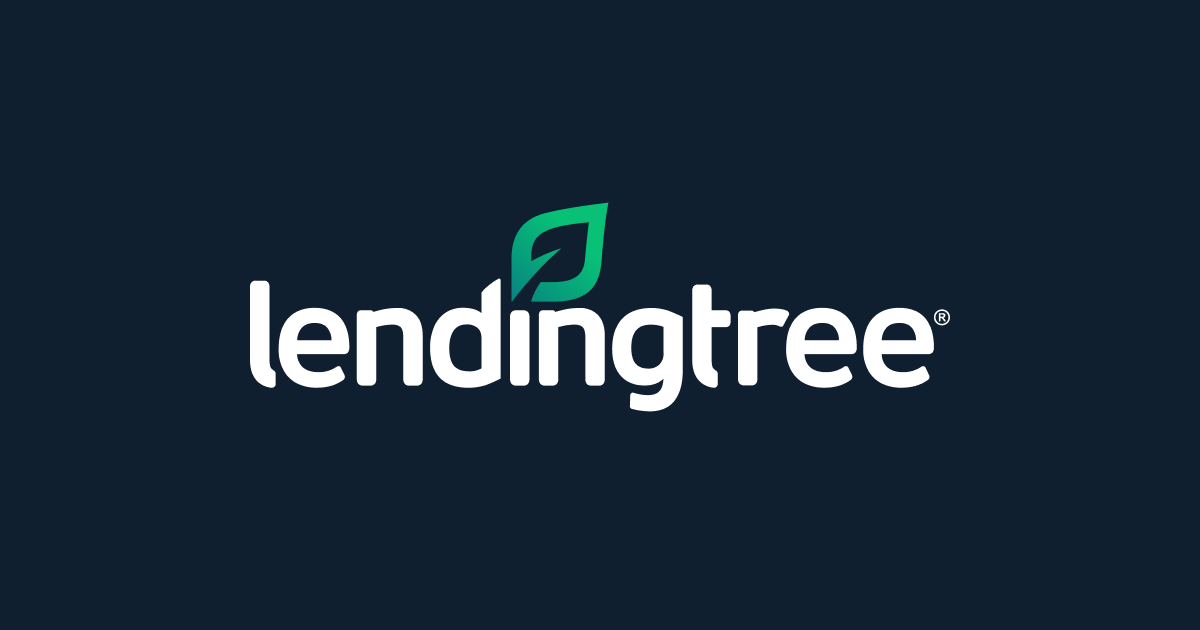Is anyone else in the Public Service Loan Forgiveness Program? If so, how will you navigate around the upcoming changes?
Current stats:
Income/ $100,000
Take home/ $4,900 (after 403b deduction of $500, disability insurance, $165, vacation account, $150)
Mortgage/ $1500 + $50 extra, plus HOA of $349=$1899
Car/ 424 (13 months remaining)
Student Loan, $190,000, payment of $436 per month. Must make 120 payments and I've paid made 26 payments to date.
Phone: $120, Utilities, $50, Cable, $23
Car insurance: $140, Gas: $90, Groceries: $190
Gym, $176 and Incidentals: $150
Life insurance policy: $500,000, $121 every three months.
Mortgage a balance: $199,000, Current value: $400,000
Savings: $10,000
403b #1: $22,000 (no longer making contributions)
403b #2: $52,000 ($500 per month contributions)
STRS: $76,000 (12 more years until I hit 30 years of service)
Retirement is based on 40% of your two higehest years of salary, and I should be able to draw $4,000 per month.
Card Card debt $0
If the program is cut- my payment would skyrocket, but I "heard" that there would be a grandfather clause, is anyone else in a similar situation? If so, what are you going to do?
Current stats:
Income/ $100,000
Take home/ $4,900 (after 403b deduction of $500, disability insurance, $165, vacation account, $150)
Mortgage/ $1500 + $50 extra, plus HOA of $349=$1899
Car/ 424 (13 months remaining)
Student Loan, $190,000, payment of $436 per month. Must make 120 payments and I've paid made 26 payments to date.
Phone: $120, Utilities, $50, Cable, $23
Car insurance: $140, Gas: $90, Groceries: $190
Gym, $176 and Incidentals: $150
Life insurance policy: $500,000, $121 every three months.
Mortgage a balance: $199,000, Current value: $400,000
Savings: $10,000
403b #1: $22,000 (no longer making contributions)
403b #2: $52,000 ($500 per month contributions)
STRS: $76,000 (12 more years until I hit 30 years of service)
Retirement is based on 40% of your two higehest years of salary, and I should be able to draw $4,000 per month.
Card Card debt $0
If the program is cut- my payment would skyrocket, but I "heard" that there would be a grandfather clause, is anyone else in a similar situation? If so, what are you going to do?


Comment